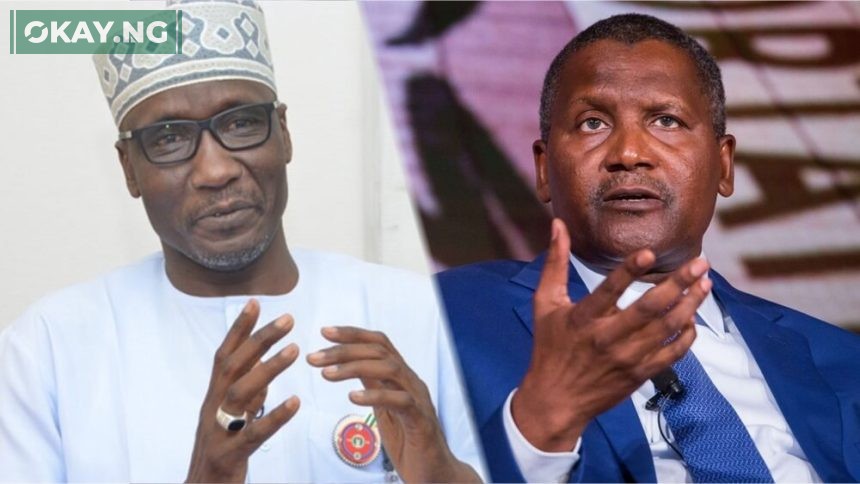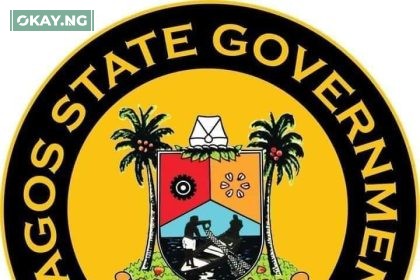The future of the Federal Government’s naira-for-crude oil policy hangs in the balance as the initial six-month agreement with Dangote Petroleum Refinery concluded on March 31, 2025, without immediate renewal. Sources indicate that while discussions are ongoing, significant uncertainties remain, particularly concerning the commercial viability of the deal for Dangote.
The policy, initiated on October 1, 2024, aimed to bolster domestic crude supply, save foreign exchange, and reduce fuel prices by allowing the refinery to purchase crude oil in naira. The Nigerian National Petroleum Company Limited (NNPC) reported delivering 48 million barrels under the agreement, part of the 84 million barrels supplied since the refinery’s inception in 2023.
However, a recent S&P Global report reveals that Dangote Refinery has processed approximately 400,000 barrels per day (b/d) in 2025, with about 35 percent sourced from international imports. This translates to roughly 140,000 b/d, or 12.6 million barrels, imported in the first three months of the year.
“The initiative is going to continue because it is now obvious that the policy has a great impact on not just fuel prices, but also on other economic indices. It also positively impacted the FX rate,” a senior government official, according to The Punch report. He added that the committee responsible for the deal awaits the Nigeria Upstream Petroleum Regulatory Commission’s (NUPRC) submission before determining the next steps.
Adding to the complexity, Dangote Refinery has begun diversifying its crude oil sources, securing supplies from Brazil and Equatorial Guinea. “We have started sourcing globally,” a refinery executive confirmed to S&P Global Commodity Insights. This diversification follows challenges with NNPC’s supply consistency.
According to S&P Global Commodities at Sea (CAS) data, Brazil’s Petrobras delivered one million barrels of Tupi crude on March 26. Ship tracking data indicates that supplies from Equatorial Guinea are forthcoming.
Read Also: Fuel Supply Stable: Retailers Dismiss Naira-for-Crude Scarcity Fears
NNPC, a minority stakeholder in the refinery, has faced difficulties meeting its supply obligations. “Since the refinery began operating, NNPC has consistently underdelivered on supplies for Dangote,” the S&P report noted. The NOC reduced its stake from 20 percent to 7.2 percent in July 2024.
A Dangote executive, speaking to S&P Global, expressed uncertainty regarding the renewal of the naira-for-crude deal. “We are not even certain if it will be renewed or if it will proceed at all,” the executive stated.
The executive highlighted the commercial disadvantages of selling products in naira, citing exposure to foreign exchange risks. “It’s not commercially advantageous for us,” he said. “When we buy in naira and sell in naira, the forex risk between the time of buying crude and selling the products may not be fully covered.”
Trade sources and Nigerian port authorities indicate that NNPC has allocated seven crude oil cargoes, approximately 245,000 b/d, for delivery to Dangote in April, but payment terms remain undecided.
The situation underscores the intricate balance between national economic policies and the commercial realities faced by major industrial players like Dangote Refinery. The coming weeks will be crucial in determining the future of the naira-for-crude deal and its impact on Nigeria’s energy sector.













